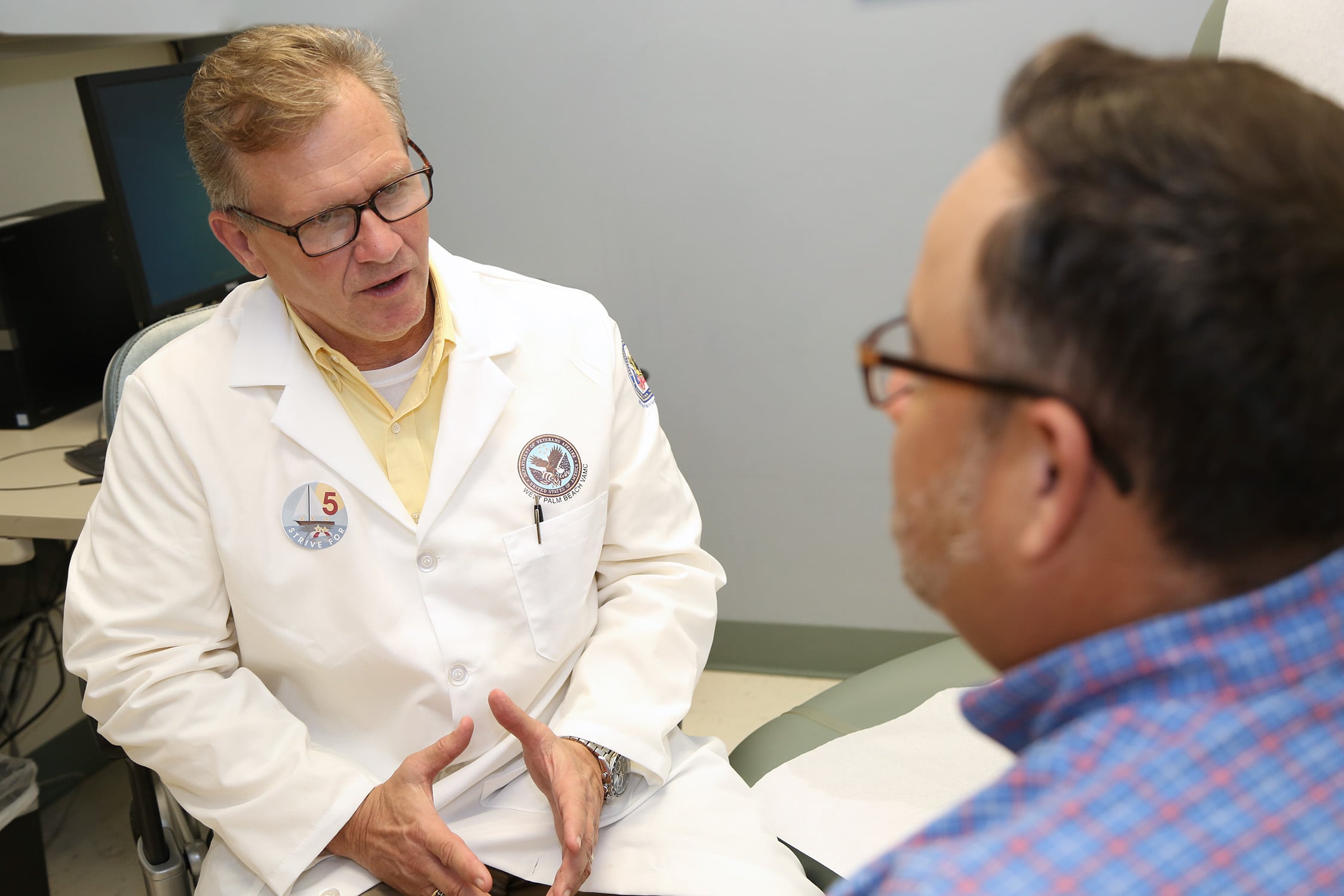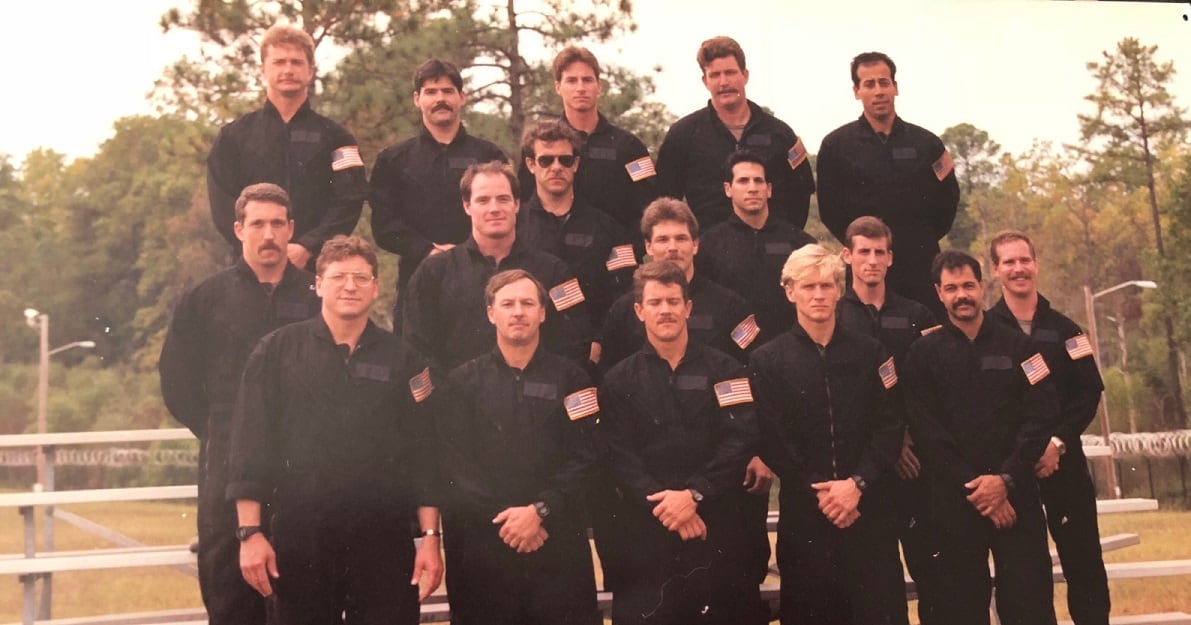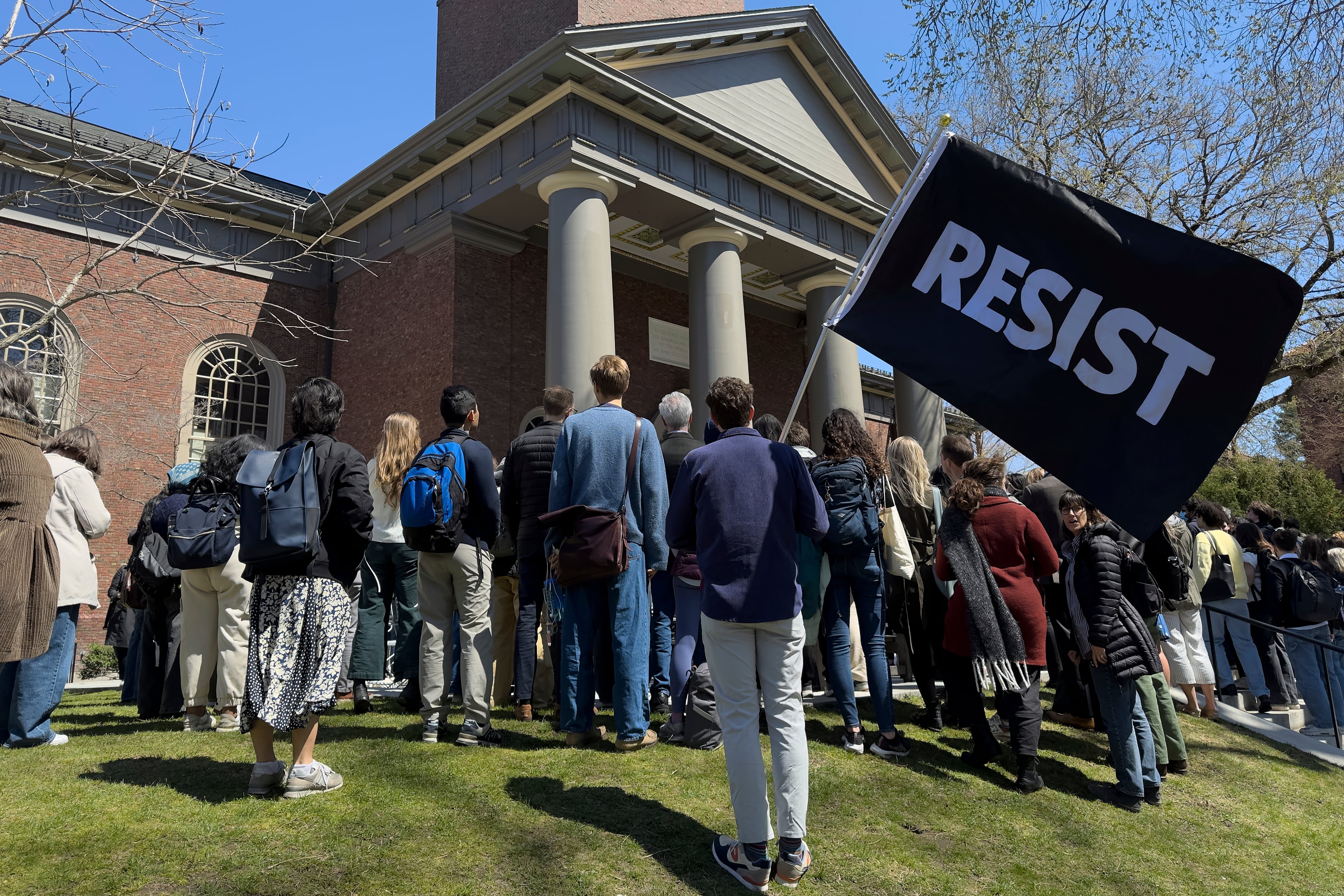“It’s about the men next to you. And that’s it. That’s all it is.”
That line in Ridley Scott’s acclaimed movie “Black Hawk Down” is holding true for one of the U.S. military’s most fabled special operators.
The real-life Delta Force operator who went by “Hoot,” and who was portrayed by Eric Bana in the movie, today fights a three-pronged enemy that continues to plague troops and veterans: post traumatic stress disorder, chronic pain and substance abuse.
Almost 25 years after the infamous Battle of Mogadishu in Somalia, which led to the “Black Hawk Down” book and movie, retired Master Sgt. Norman Hooten is now Dr. Norman Hooten.
Hooten is a full-time health care provider at the Orlando VA Medical Center. And he has first-hand experience with the effects of war, including a platoon sergeant he had known early in his career who died by suicide after struggling with PTSD and substance abuse.
“I’ve lost almost as many friends to substance abuse in the form of overdose deaths or death by suicide coupled with substance abuse disorders than those lost in war,” Hooten said.
Hooten, who retired after more than 20 years of service, spent several years after his time on active-duty with the federal Air Marshal Service and as a contractor overseas. But he ultimately decided to work with struggling troops and veterans because of the opioid crisis gripping America.
“In the military, we never want to lose people, but it becomes understandable when we lose people on the battlefield," Hooten said. "A generation of veterans have survived the horrors of war to come home and commit suicide. I do not want to accept this. I want to do everything I can to make a dent in this problem. Even if this is about saving one person.”

Hooten is making much more than a dent.
The Comprehensive Addiction and Recovery Act Clinic at the Orlando VA has been helping to combat the crisis since it began running this year. He started this project as a resident in 2017. The former special operations tactician implements a similar approach to fighting substance addiction, non-cancer related chronic pain and PTSD as he did fighting on foreign battlefields.
“We take a combined arms approach to this," he said. “Once the problems are individually identified, [they] can be treated extensively with multiple specialties. You want to use all assets you have available at the same time to win the fight.”

Hooten credits the Army and his time in uniform as the main reason he’s been able to take on this new mission.
“What can I do to give to the people that served?” he said.
He also hopes to help and encourage his fellow veterans to reach out and not lose touch with the people they served with.
“Sometimes we get too comfortable not communicating with one another for a year or more because we tend to always think we are all close and fine," Hooten said. "But that one phone call every now and then, or that meet-up for a fishing trip might make the difference in saving a life.”
Neil is a former US Army Captain and served operational deployments in South Korea and Afghanistan. He is currently an Editorial Fellow at the Military Times.




